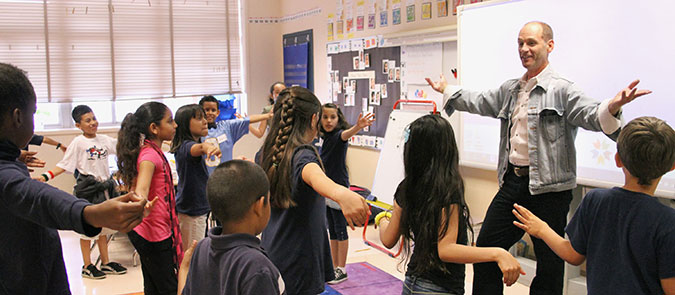Communities thrive when civic-minded residents support causes they care about. At The San Diego Foundation, our role is to facilitate donations of charitable assets (such as cash or gifts of stock) from individuals to nonprofits.
We work with fund advisors who direct their gifts to specific organizations by recommending grants via donor advised funds. Occasionally, donors need to determine whether to support nonprofit programs or overhead (administrative and fundraising costs), which can be a tough decision to make.
Three Questions to Identify Your Donation Type
Once a donor identifies a high-performing organization they would like to support, the following three questions can help identify their ideal donation type.
- How familiar are you with the nonprofit?
Donors should take time to learn about an organization’s mission, the population it serves, and program outcomes. But don’t feel overwhelmed. The San Diego Foundation can help you with this!It’s common that first-time gifts be directed to a specific program or activity. This helps clarify in the mind of the donor where their gift will be allocated, and enables the nonprofit to report on outcomes to reassure the donor about the impact of their gift. Trust and confidence is important in the beginning of any donor-nonprofit relationship.Over time, donors become more informed and engaged with the nonprofit and its leadership. Supporting an organization’s overhead (including administrative expenses) is often most impactful over time for advancing its mission.
- How much are you planning to give?
Gifts less than $100, which comprise the majority of many nonprofit donations and are critical for operational support, are best allocated toward general support. The same could be said for gifts more than $10,000.It’s also important to highlight that when nonprofit organizations receive unrestricted donations, it increases the opportunities for management to consider strategic allocation of that money for organizational growth-focused activities such as staff training, systems/infrastructure or fundraising support.
- What is the desired outcome of your gift?
Reflecting on your personal motivation is important to consider when making charitable donations. For example, if you are inspired to help underserved youth in general, you might consider an unrestricted gift to a broad-based organization serving children. If you prefer to assist homeless teens, your donation could support a specific shelter program.Either way, each nonprofit organization you give to has an opportunity to steward that gift by reporting back to you about how your investment served to advance its mission.
Joyful Giving
Joy in giving comes from the deliberate decision to make a difference through generosity.
Thoughtfully considering the above questions can help navigate charitable decision-making to fulfill an emotional desire to make a difference, and also maximize your gift’s impact on community.




